- 02 9712 1736
- [email protected]
- 212 Great North Road, Five Dock, NSW 2046
- Open 7 days a week
Imagine waking up one morning and feeling a persistent ache that radiates from your hip to your lower back, making even simple movements like getting out of bed or walking to the kitchen a challenging task. This is the reality for many individuals experiencing hip spine syndrome, a complex condition that can significantly impact quality of life, especially as we age.
Hip spine syndrome is a nuanced musculoskeletal condition characterized by interconnected pain and dysfunction between the hip joint and the spine. Unlike isolated joint problems, this syndrome represents a complex interplay between spinal structures and hip mechanics. It typically manifests as pain, stiffness, and reduced mobility that can originate from either the hip or the spine, creating a cyclical pattern of discomfort and movement restriction.
The condition involves overlapping pain patterns, reduced range of motion, potential compensation mechanisms that can lead to additional musculoskeletal stress, and increased difficulty with daily activities and movement.
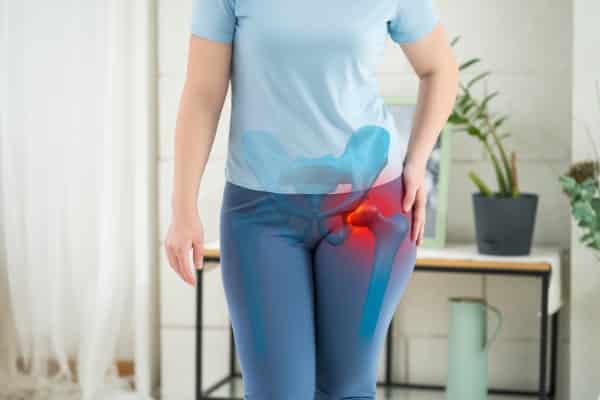
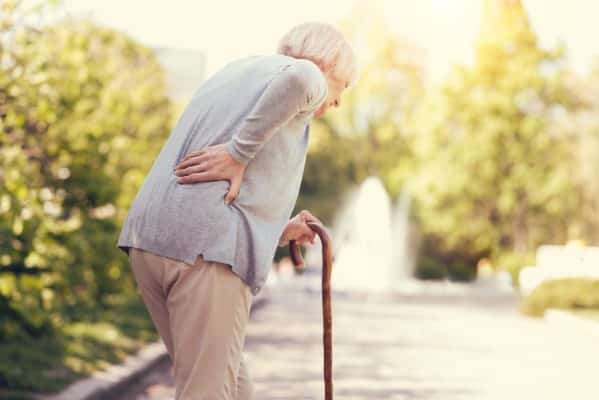
The effects of hip spine syndrome extend far beyond physical discomfort. For individuals aged 45-70, this condition can dramatically alter daily functioning. Simple tasks become challenging, walking distances feels difficult, sleep quality can be significantly disrupted, and exercise and recreational activities may seem impossible. Moreover, the psychological well-being can be impacted due to chronic discomfort and reduced independence.

Movement isn’t just physical exercise—it’s fundamental to our overall health and well-being. When hip spine syndrome restricts mobility, the consequences can be profound. Muscles begin to weaken from reduced activity, joint flexibility decreases, cardiovascular health can be negatively impacted, and the risk of secondary health complications increases.

By understanding that movement is medicine, individuals can take proactive steps to maintain and improve their musculoskeletal health.
Chiropractic care offers a holistic approach to managing hip spine syndrome. It focuses on comprehensive movement assessments, manual therapy techniques, tailored exercise programs, and lifestyle and wellness advice. A chiropractor can help by identifying movement compensations, developing personalized rehabilitation strategies, providing gentle targeted manual therapies, offering guidance on ergonomic modifications, and recommending specific exercises to improve mobility and strength.
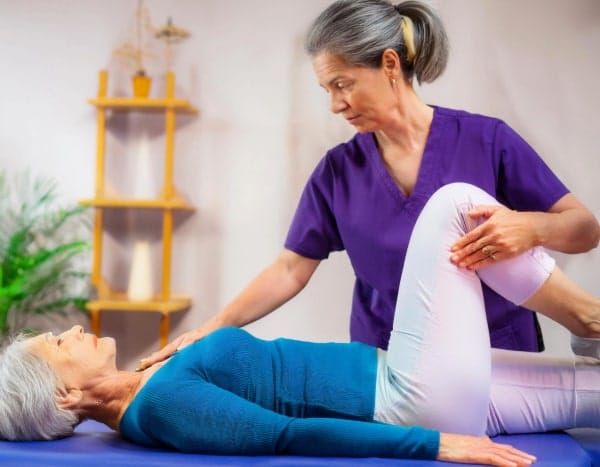
While conservative treatments are often the first line of approach, there are circumstances where surgical intervention becomes a consideration for hip spine syndrome. Medical professionals may recommend surgical consultation when persistent pain continues despite extensive conservative treatments, or when there is significant nerve compression causing neurological symptoms. Structural damage to the hip joint or spine, severely restricted mobility impacting quality of life, and advanced degenerative changes can also prompt surgical evaluation.
Potential surgical options include minimally invasive hip procedures, spinal decompression, joint reconstruction, and disc interventions. It’s crucial to understand that surgery is typically considered a last resort after thorough evaluation and exhausting non-invasive treatment options. Each patient’s situation is unique, and the decision for surgery requires careful consultation with healthcare specialists who can assess individual circumstances comprehensively.

Once pain is initially managed, functional movement exercises become critical in long-term recovery and preventing future complications. These exercises go beyond simple stretching, focusing on restoring natural movement patterns, rebuilding core and stabilizing muscle strength, and improving overall body mechanics. The goal is to enhance joint mobility and flexibility while preventing compensation patterns that can lead to further injury.
Functional movement exercises offer profound benefits for musculoskeletal health. They support the gradual restoration of full range of motion, significantly reduce the risk of future pain episodes, and improve overall physical capabilities. Patients who engage in these targeted exercises often experience enhanced body awareness, increased confidence in their physical abilities, and a more efficient approach to movement.
Prolonged immobility associated with hip spine syndrome can lead to significant health challenges. These include muscle atrophy, decreased bone density, increased risk of falls, potential cardiovascular complications, reduced overall quality of life, and a higher likelihood of developing chronic pain conditions.
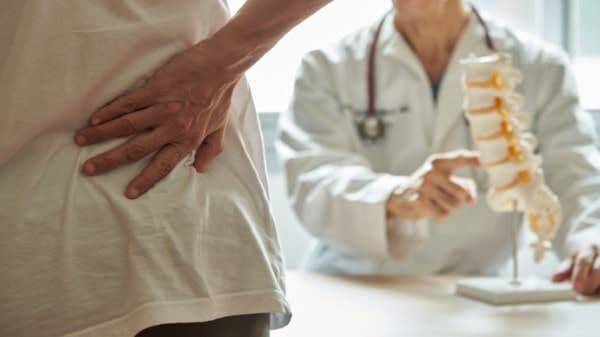
Hip spine syndrome doesn’t have to define your life. By understanding the condition, prioritizing movement, and seeking professional guidance, you can take meaningful steps toward better musculoskeletal health. Remember, every small movement counts—your body is designed to move, and with the right support, you can reclaim your mobility and vitality.
Forest Lodge, Annandale, Glebe, Leichhardt, Balmain, Haberfield, Canada Bay, Rozelle, Rodd Point, Wareemba, Stanmore, Petersham, Lilyfield, Hunters Hill, Enfield, Cabarita, Mortlake, Rhodes, Burwood Heights, Birchgrove, Gladesville, Huntleys Point, Abbotsford, Ashfield, Croydon Park, Croydon, Chiswick, Russell Lea, Burwood, Strathfield, Concord, Drummoyne, North Strathfield, Liberty Grove, Dulwich Hill, Lewisham, Camperdown, Ashbury, Homebush, Homebush West, Woolwich, Henley, Summer Hill, Sydney Olympic Park
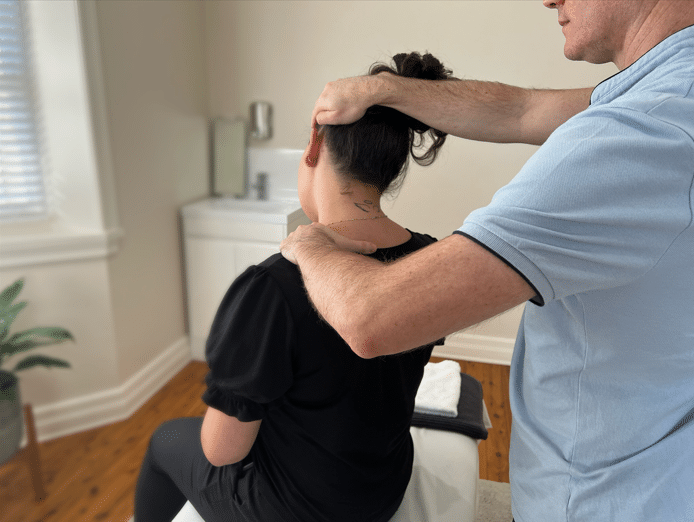

212 Great North Road, Five Dock, NSW 2046
Onsite parking available
Phone: 02 9712 1736
Email: [email protected]
About
Five Dock Osteopathic & Chiropractic is located in Canada Bay, in Sydney’s Inner West. Servicing suburbs including Burwood, Croydon, Drummoyne, Five Dock, Haberfield, Concord, Abbotsford, Chiswick, Leichhardt, Wareemba, Russell Lea, Summer Hill, Strathfield.
Clinic hours
Monday, Tuesday, Thursday 7AM – 7PM
Wednesday, Friday 7AM – 6PM
Saturday 7AM – 2PM
Sunday 8AM – 2PM
Contact details